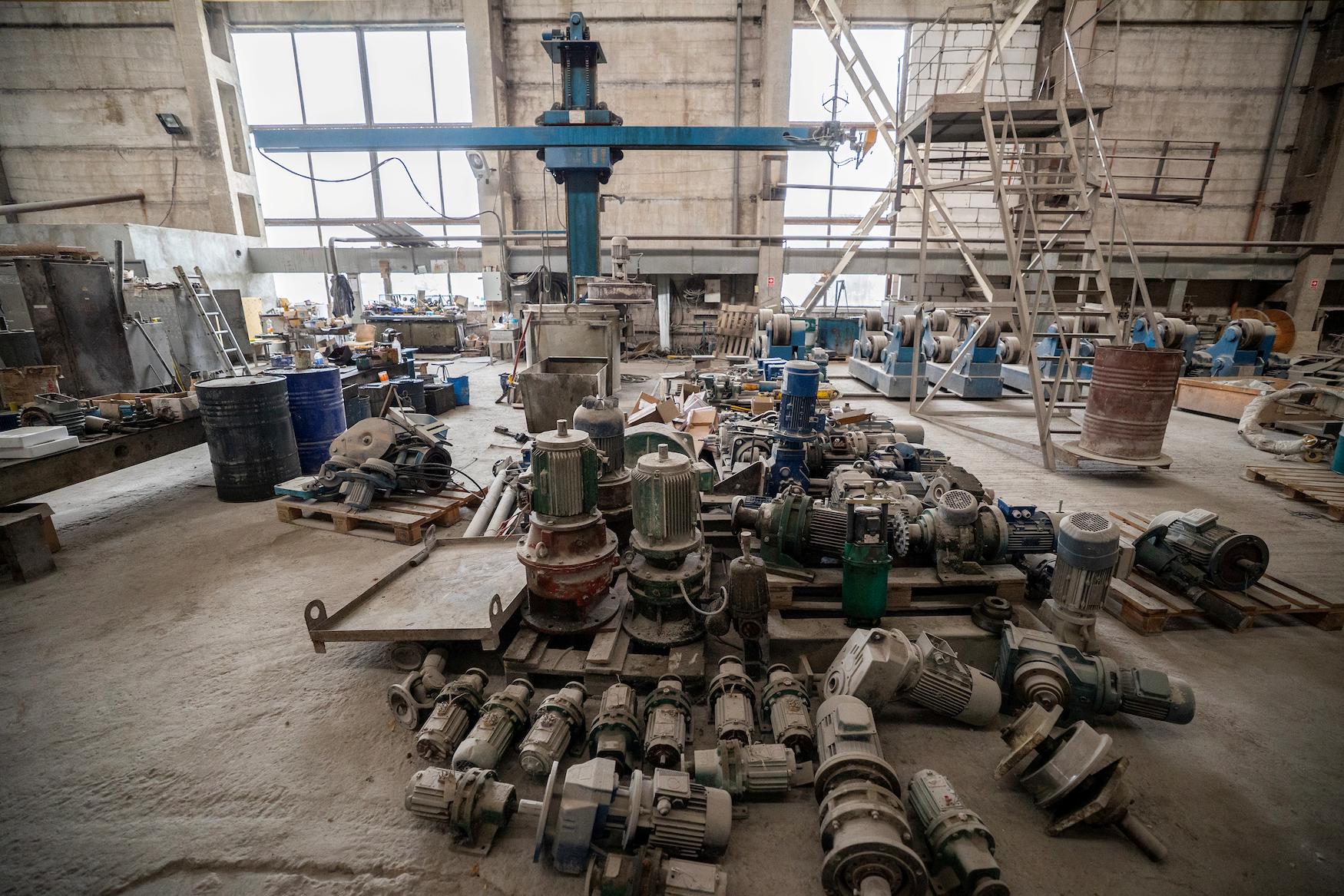A lot of folks think only fast-growing tech companies or big brands grab buyers’ attention. That’s just not true. These days, plenty of buyers and investors are looking for solid, steady businesses—like HVAC, plumbing, or manufacturing companies. If you own a business in one of these areas, your hard work could be worth more than you realize.
Knowing what your business could sell for is the first step to planning your next move. In this article, we’ll talk about why buyers love stable industries, how business values are usually determined (in plain English!), and why it’s smart to start thinking ahead about when you might want to sell.
Why Buyers Like Reliable Businesses
If you talk to most folks looking to buy a business, they’ll tell you the same thing: they’re looking for steady profits and work that won’t dry up overnight. That’s why industries providing services everyone needs—no matter what—are in high demand.
HVAC & Plumbing: Always Needed
No one can put off getting their heat fixed in the middle of winter, or ignore a burst pipe. HVAC and plumbing businesses aren’t trendy—they’re essential. People need these services every single day, which means steady calls and predictable income. That steady demand is a real draw for buyers. Many will buy several companies in one region and pull them together, making it easier to run, get better deals from suppliers, and cover a bigger area.
Manufacturing & Industrial Services: The Backbone
Same story with specialty manufacturers and service providers. Whether you make parts for other businesses or handle big maintenance jobs, your customers depend on you. Good relationships, years of experience, and know-how set your business apart and can be hard for newcomers to match. To a buyer, a well-run manufacturing or service company means regular revenue and customers that keep coming back.
How Buyers Value Your Business (No Fancy Terms Needed)
When someone’s thinking about buying your business, they aren’t just looking at your tools or the trucks in the yard. What really matters is how much money your company makes—and how much it can make in the future. That’s where business value comes from.
What’s This “Multiple” Thing All About?
You’ll hear people talk about “multiples.” All that means is buyers will look at how much your business earns in a year, and then multiply that by a certain number to figure out what they think it’s worth.
The number they use is usually based on your earnings before things like loans, taxes, or equipment wear and tear. This boils down to the money your business brings in from its regular operations.
Here’s How it Works
Let’s say your business makes $2 million a year before all that other stuff. If buyers in your industry usually use a “multiple” of 6, then:
$2,000,000 x 6 = $12,000,000
So, somebody might be willing to pay around twelve million for your company. The number they pick isn’t random. Here’s what affects it:
● Industry:
Businesses like yours—steady, always needed—tend to get higher offers.
● Growth:
If your sales are growing, buyers pay more.
● Profits:
Higher profit means a better number.
● Customers:
Lots of different customers (not just one or two big ones) is a plus.
● Team:
If your crew can keep things running without you, that’s a big bonus.
● Market:
What’s happening in the economy matters too—if it’s a good time to sell, offers go up.
Knowing your yearly earnings and the usual “multiple” for your type of business helps you get a ballpark idea of what you could sell for.
Why Timing Matters When You Sell
Selling your business is a big deal. Lots of owners wait too long—maybe until they’re worn out or ready to retire. Sometimes that means missing out on the best price. Thinking ahead can make a huge difference.
Sell When Things Are Going Well
The best time to sell is when you don’t need to. If business is booming, profits are strong, and sales keep climbing, buyers will pay more. If things start to slow down or you lose a big client, you may have to accept less.
Watch the Market
Just like the housing market, the business buying-and-selling world has good times and bad times. When the economy’s strong and more buyers are looking, business values can go up. Keeping an eye on the bigger picture helps you pick a better time to make your move.
Plan Several Years Ahead
A good exit doesn’t happen overnight. If you give yourself three to five years, you can fix up your finances, train your team to work without you, and make improvements that boost your bottom line. That puts you in the driver’s seat—you choose the time, the buyer, and (more often than not) a better price.
Ready to See What You’re Worth?
Thinking about your business’s future is never easy, but having the right info helps. Buyers love stable, well-run companies, and understanding how they look at value—and why timing matters—puts you a step ahead.
If you’re curious what your business might fetch these days, it’s a great idea to talk to folks who know the ropes. A good advisor can give you a better sense of your company’s value and help you get ready, whenever you decide the time is right.

















